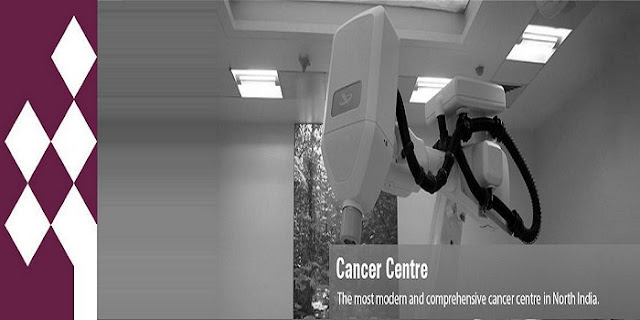All You Should Know About ICSI & IVF
Planning about your new member of the family, but not able to conceive?
Getting much popular, ICSI, which
stands for Intracytoplasmic sperm injection has high success rates all over the
globe. It is used in nearly half of the IVF treatments done worldwide tend to
solve the male infertility issues and improves the chances of conception.
However, ICSI Infertility treatment in India has been newly
introduced concept gaining much popularity nowadays among couples struggling to
conceive.
This procedure involves the use of
only one sperm from the male body which is injected directly into the ovum/egg.
Here, the preference is given to find the best sperm so that it can
successfully fertilize the egg. Following this, the fertilized egg or the
embryo is transferred into the uterus with a technique called ART (Assisted
Reproductive Technology). Earlier most fertility treatments revolved around female-factor
infertility. In cases which involve difficulty in conceiving due to male-factor
infertility, options were quite limited.
ICSI & IVF: A process within a
process
With the advancement in the
technology and the latest research in medical science have widened the horizons
to address many different causes of infertility in both partners ICSI is one
such example. ICSI is often used in conjunction with In Vitro Fertilization
(IVF) to treat sperm-related infertility problems. It has a highly targeted
approach and is used where other methods have failed.
ICSI process is a part of the IVF
process where the female partner will go through an IVF cycle of ovary
stimulation, taking carefully timed fertility medications to produce and mature
a number of eggs. Following this, the sperm is collected from the male partner.
However, in other cases where there is an absence of sperm due to blockage or
other physiological issues, the BLK best doctor can extract sperm under a local
anaesthetic .
3 ways of extracting the sperm from a male body;
1.
From the epididymis
A small tube behind the testis. This
procedure is known as microsurgical epididymal sperm aspiration or MESA.
2.
From the testicle
This procedure is known as testicular
sperm aspiration or TESA.
3.
Testicular tissue biopsy
Here, the doctor may use a needle to
perform the biopsy or make a small incision, referred to as a surgical
biopsy.
When to see a doctor?
It is often advised to opt for ICSI
treatment after proper consultation and recommendation from a doctor or medical
professionals.
6 situations that might call for an ICSI treatment;
- Men with a very low sperm count.
- Men with Retrograde Sperm Ejaculation issues
- Men with Azoospermia (zero sperm
in ejaculation) - Men with problems
in erection and ejaculation due to various health issues. - After an IVF history with no or low rate of fertilization.
- Women with a low yield of eggs during egg retrieval.
Are you the right candidate?
There are some types of female factor
infertility (such as low egg quality), the problem might not be which might not
be cured by this procedure. In most of the cases, it is successful, but there
are also some potential risks involved in the procedure that the patient needs
to be aware of. The takes about four weeks to six weeks for one cycle of ICSI
to complete. So, might need to spend half-days at the clinic for both sperms as
well as egg retrieval process. It is often advised to the women who ages under
40 years to opt for at least three cycles of IVF either with or without ICSI
process. For the women who crossed 40’s and never had IVF procedure done before
then, you will be offered one full IVF cycle after the discussion of the risks and
implications involved during pregnancy at this age.
What after the ICSI treatment?
The success of any treatment depends
on how accurately the patient is following the advice of the doctor and taking
the preventive measures.
- Maintain your routine
A proper care routine including a
regular blood test and frequent monitoring is required after a session of ICSI
also one has to be in a regular touch with the doctor.
- Avoid lifting heavy weight
Women who goes through the procedure
of ICSI are often advised to stay away from physically and mentally draining
activities for at least a week or so as considered by your doctor.
- Avoid Intercourse
Avoiding sexual intercourse with your
partner is very important as this helps in preventing vaginal infection and
also helps in healing the woman’s ovaries after her eggs have been harvested.
- Say no to strenuous Exercise
Women are restricted to perform heavy
exercise or aerobics after the IVF procedure. Light exercise is often preferred
such as walking rather than running.
- Avoid Baths
Most fertility doctors advise women to not take baths during the
two-week wait as a bath may introduce a foreign substance into the vagina, which
increases the risk of infection that may lead to miscarriage. Women are also
advised to avoid douching. Patients are encouraged to take showers instead.
Keeping above concerns in your mind,
it becomes imperative to get the best treatment and guidance of specialized
doctors from the best hospital of Delhi as the city offers
some good option for you.




Comments
Post a Comment